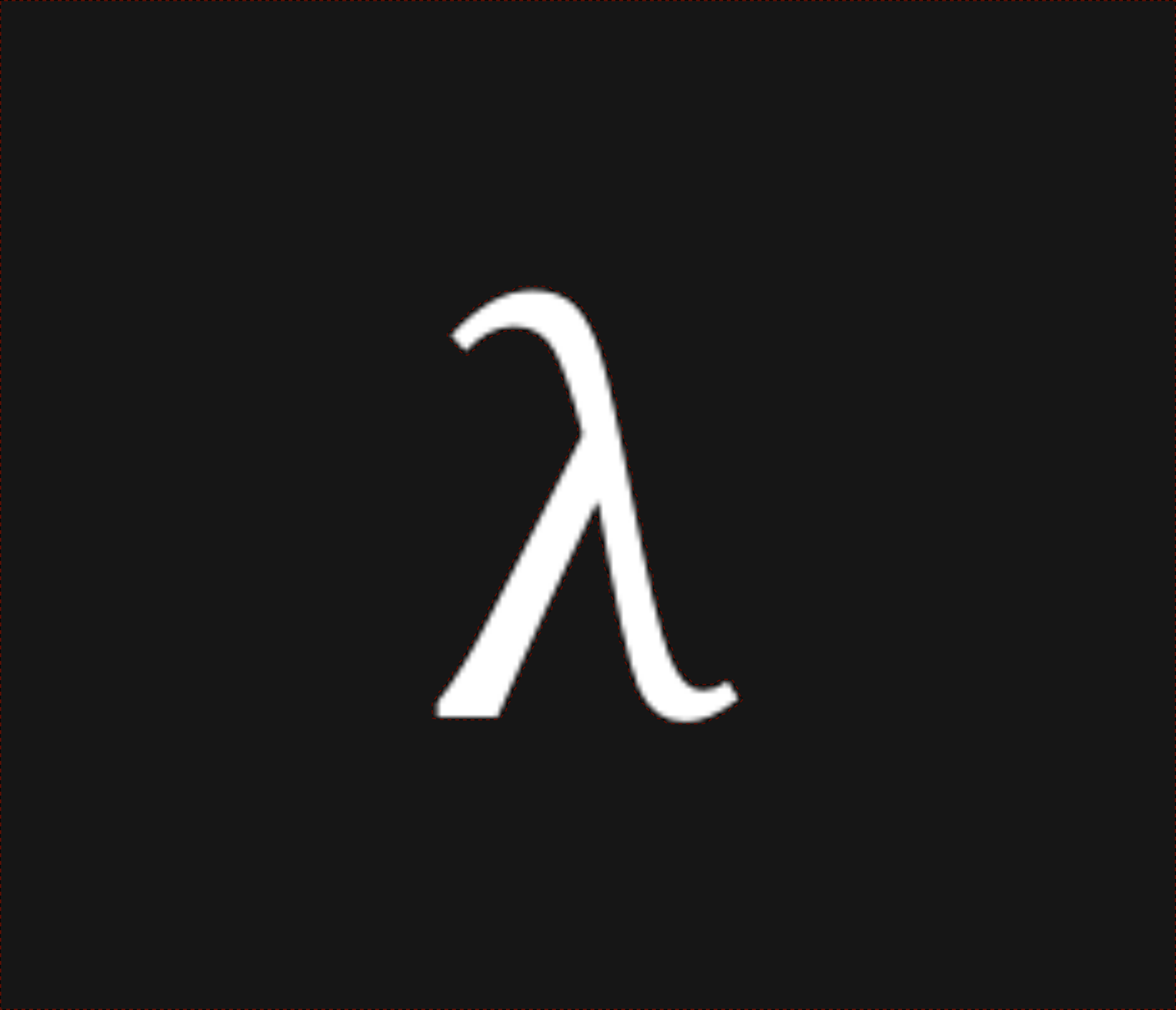Secure Multi-Party Communication & Rust 832 words written by Nathan Lilienthal
Abstract: We show an extension to Rust for secure multi-party computation, named
obliv-rust. This language allows for N party, M protocol computations, and further allows hybrid embeddings of secure code inside insecure code and vise-versa.
Yao’s Millionaire Problem
One of the classic examples of a MPC problem is the millionaire’s problem. It’s typically concerned with two friends at dinner deciding how to pay. They agree whoever has the most money should pay, but do not want to tell each other (or anyone else for that matter) how much money they have. The following code implements a slightly more complicated (perhaps Americanized) version of the millionaires problem, where tipping is considered.
// Insecure local code cast into oblivion.
let mut a_worth = obliv 1_362;
let mut b_worth = obliv 4_626_291;
// Remove `amount` from the given reference to a `wallet`.
/// This is done without leaking any information about what
/// either value is. For convenience, this function also
/// returns the expected tip based on the amount.
obliv fn pay(amount: obliv u64, wallet: &mut obliv u64)
-> obliv u64
{
*wallet -= amount;
(amount as f64 * 0.2).round() as u64
}
// The amount either A or B will `pay`.
let bill = 245;
// Obliviously compare A's worth with B's. If A is worth more
// than B, A pays for dinner and B pays the tip, otherwise A
// just pays the tip and B is stuck with the bill.
obliv if a_worth > b_worth {
let tip = pay(bill, &mut a_worth);
pay(tip, &mut b_worth);
} else {
let tip = pay(bill, &mut b_worth);
pay(tip, &mut a_worth);
}
// Refactor
let (payer, tipper) = obliv if a_worth > b_worth {
(&mut a_worth, &mut b_worth)
} else {
(&mut b_worth, &mut a_worth)
}
let tip = pay(bill, payer);
pay(tip, tipper);
Oblivious Function Definition
We add two new elements to the Rust syntax: obliv and @. The obliv
keyword introduces new semantics to be aware of to the programmer (secure
computations take time, and change things). Meanwhile, the syntax @ is a type
for parties, and T@P is type T coined by P.
It’s worth mentioning that obliv T syntax is essentially sugar for T@P
where P is a vacuous party with no inhabitants.
obliv fn oldest(x: u32@A, y: u32@B) -> @ {
obliv if x > y { A } else { B }
}
#[test]
fn two_argument_oldest() {
assert_eq!(B, oldest(10@A, 20@B));
}
Crazy IDE Idea
So I was giving more thought to the issue of making protocol code nicer to read in an editor… But I didn’t love the idea of requiring real GUI like features (arrows, dragging, etc). But I don’t mind the idea of color, and I was reviewing some earlier notes, and I think I like the looks of a paint bucket \(\bullet\), and something like \(\lambda_{\bullet}\) in general:
\[(\lambda_{\bullet} \ \color{blue}{x} \ \color{red}{y} \ . \color{blue}{\bullet}\ e) \ \color{blue}{\bullet}a \ \color{red}{\bullet}b \rightarrow \color{blue}{\bullet \ e[\color{black}a/\color{blue}x,\color{black}b/\color{red}y]}\] \[\begin{align*} e \ \color{blue}x \ \color{red}y &= f(\color{blue}x,\color{red}y) \\ \color{blue}{\bullet} \ e \ \color{blue}x \ \color{red}y &= \color{blue}{f(x,\color{red}y)} \\ \color{red}{\bullet} \ e \ \color{blue}x \ \color{red}y &= \color{red}{f(\color{blue}x,y)} \end{align*}\]This is ideal for the editor, since I fear coloring in general is too hard for deeply dependent protocols since every mix of “black” functions is really a separate coloring. For Rust syntax highlighting, I’ll need support for the main schemes.
This is how some research papers handle multiple language embedding, which is not too different from multi-party/protocol code.

 nixpulvis
nixpulvis